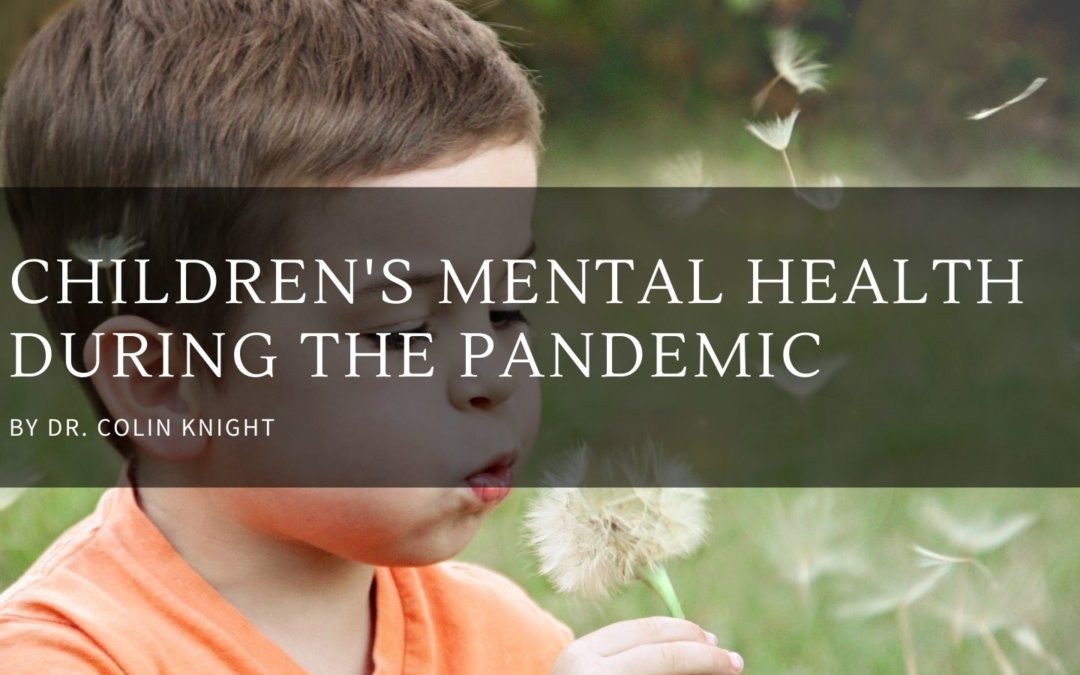The past year has changed the lives of children all over the world. Once the COVID-19 pandemic began, children were abruptly asked to do their schoolwork from home. They’ve also been asked to socially distance themselves from their family and friends, which goes against their loving nature. While adults can’t change the fact that the pandemic is happening, they can take steps to prevent COVID from affecting a child’s mental health.
What Issues are Affecting Children’s Mental Health?
Children may have a few different worries compared to adults. For example, a child’s mental health might be affected by missing milestones such as their birthday. Children who are doing remote learning might miss their routine, teachers, and friends. Older children may also have regrets about being unable to participate in their favorite sports, and some might be worried about their family members’ health.
How Can Parents Encourage Better Mental Health for Children?
One of the most important things that parents can do for their children checks on them. Asking questions about how they are feeling and actively listening helps children to feel like their feelings are validated. Parents can also help their children to focus on the things that they do have control over. For example, they can choose to draw or listen to music when they are stressed. Sticking to a routine and encouraging exercise and a healthy diet further help children maintain better mental health during the pandemic.
What are Warning Signs That a Child is Struggling?
Children have been showing higher incidence rates of depression since the pandemic began. Every parent should know how to recognize signs of pandemic-related depression, anxiety, and other mental health conditions in their children. A child who is depressed may show disinterest in what normally may be their favorite hobbies. They may sleep more or less than usual, and they may experience mood swings. If a child seems to be struggling, then seeking mental health support right away can help them restore their sense of wellbeing.
The current pandemic isn’t easy for anyone, but children are often hit the hardest. Without much prior experience with such significant changes, children need extra guidance to help them learn resilience and perseverance as the pandemic goes on. Looking out for the youngest members of society allows them to emerge from the pandemic stronger and ready to handle what may come in the future.

